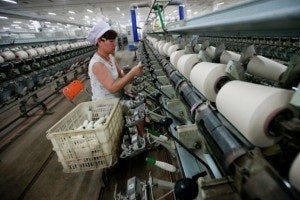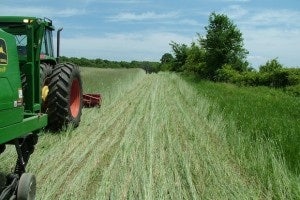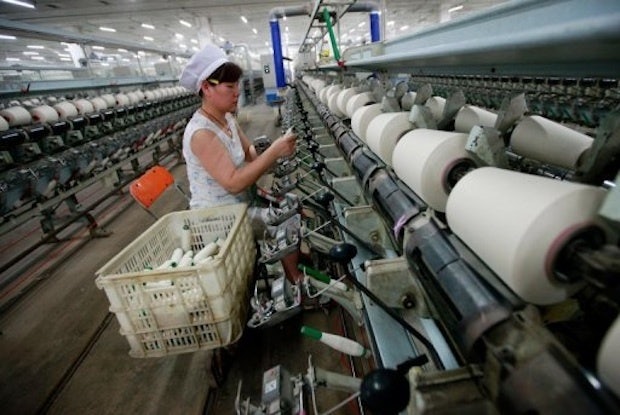Despite Backlash, Cotton Acquisition Could Save Jobs#

Already eyeing more investments in Australian organic farms to secure safer food alternatives, China has recently been in Aussie headlines again for its involvement in another key part of the country's agricultural sector. This past Friday, Australian Treasurer Wayne Swan approved the sale of Australia’s largest cotton farm, Cubbie Station, to a Chinese-led consortium. The deal involves a joint venture between Shandong Ruyi Scientific & Technological Group Co. Ltd. and Australian wool processor Lempriere, through which the Chinese group will acquire the estate for AUS$420 million (US$431 million) under the condition that Shandong Ruyi cuts its 80 percent interest to no more than 51 percent within three years.
Despite being trumpeted by Swan as a triumph and a job-saving move, the acquisition has been seized upon by some in Australia as a cause for alarm. In this sense, the deal resembles in many ways other high-profile acquisitions by Chinese companies and individuals like Louis Ng, whose recent purchase of the Burgundy wine estate Château de Gevrey-Chambertin set off a firestorm of criticism in the famed wine-growing region. As Wayne Swan said of the Chinese takeover of Cubbie Station, however, "The proposal would bring an end to this long period of uncertainty, helping ensure the ongoing operation of Cubbie Group, protecting jobs and supporting economic activity in the Dirranbandi and St George.”
So what's behind Shandong Ruyi's interest in an Australian cotton farm? Luxury suits. With demand for high-end suits rising an estimated 30 percent annually in China, Shandong Ruyi has indicated that it wants more cotton to produce the linings of its premium suits. In this way, the deal is very similar to other acquisitions made by Shandong Ruyi to buy overseas farms with the aim of securing the commodities it needs the most. Last year, the company purchased a wool-producing farm in western Victoria for more than US$15 million for the same reason, as Ruyi currently imports around 10-20 percent of Australia's total ultrafine merino wool output.

Predictably, the deal has its detractors, most notably Senator Barnaby Joyce, who described Shandong Ruyi's acquisition as "a loss of another section of our prime agricultural land to an overseas interest," and Swan’s decision to sell Cubbie Station as “disgraceful and sneaky.” Added Joyce, “If we don't think the ownership of prime agricultural land is in our nation's interest, if we don't think that an organization that produces up to 13 per cent of our nation's cotton crop is in our national interest, what on Earth is in our national interest?”
Intent that this acquisition will save Australian jobs, and confident that Chinese market for fine suits won’t burst any time soon, Swan has cast off any skepticism and backlash as xenophobic, assuring that “without new investment the viability of Cubbie Station, and about 170 jobs, would be put at risk.” As the Australian Financial Review wrote in defense of the deal:
Like any Western company, Shandong Ruyi is investing in the production of the material required for its factories, which means the cotton to be grown at Cubbie Station will be sold to mills in China, as happens now. As for the water held in dams on the station, it will remain in Australia.
...
In addition, former prime minister John Howard has commented in a public forum that there is no reason to get “over- excited” about Chinese investment, as any companies investing here have to comply with Australian law.
Australia’s economic future is to produce food, fibre and minerals, notably for an ever more prosperous Asia, and to increase production and national income we will need foreign investment. We should not discourage that investment, particularly through eccentric populist policies.
